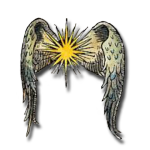Thank you for visiting The Infidel’s Garden blog and web site. My name is Ingrid Banwell and I’m the author of the historical novel The Infidel’s Garden – a story about, love, art, and religious fanaticism.
The seeds of The Infidel’s Garden were sown long ago. The day after the horror of 9/11, I found myself standing at the traffic lights next to a woman in a hijab. As I gazed at her neatly arranged scarf that covered every strand of her hair, I thought about the impact this act of terror might have on her life. Would non-Muslims now give her hell for following a faith associated with violence and mass murder?
Why indeed, I thought, with such a legacy of bloodshed, would someone choose to be religious at all?
Let me add here, although I was raised in a secular household of scientists, our parents very wisely exposed my brother and me to the beauty – the art, the music and literature – inspired by religious thought.
In my quest to understand what would drive followers of a religion whose original message was one of peace and unity to commit such an atrocity, I started researching the history and beliefs of the major religions of the world.
Somewhere along my journey, I came across the concept of progressive revelation – the idea that new religions emerge at key points in human history when followers of the dominant religion have corrupted the faith’s original teachings. This was one of those light-bulb moments. The spiritual and moral messages of all the world religions are essential parts of the ongoing maturation of human civilisation. Religion, just like all other strands of human thought, must evolve.
Eventually my research took me to the other side of the world and back into the Late Middle Ages – a time when Christianity was in turmoil and about to be turned upside down and inside-out by the reformation.
Hieronymus Bosch’s Garden of Earthly Delights–painted several years before all this upheaval –reflects an age of both darkness and light. I’ve been intrigued by the painting’s middle panel for as long as I can remember. Wild, imaginative and distinctly different from the artist’s other works, scholars have argued endlessly about its enigmatic message. In The Infidel’s Garden, I’ve taken a more intimate look at the man and the artist. What might have been happening in Bosch’s life at that time? What political, ecclesiastical and civic scandals could have inspired him to paint this extraordinary work?
All this brings me back to that moment when I stood next to the Muslim woman at the traffic lights and feared for her and the persecution she might face. What would it have been like for her in the Late Middle Ages?
Getting inside the head of a woman raised in a faith I knew little about, in a time I knew even less about has been an extraordinary journey. Constantly, I had to temper my basic urge to pot-stir when it came to religious matters and remind myself to be respectful of everyone’s beliefs, no matter how puerile or irrational they seemed. So let me just say here that crafting the characters of the bigots and idiots in The Infidel’s Garden gave me great pleasure.
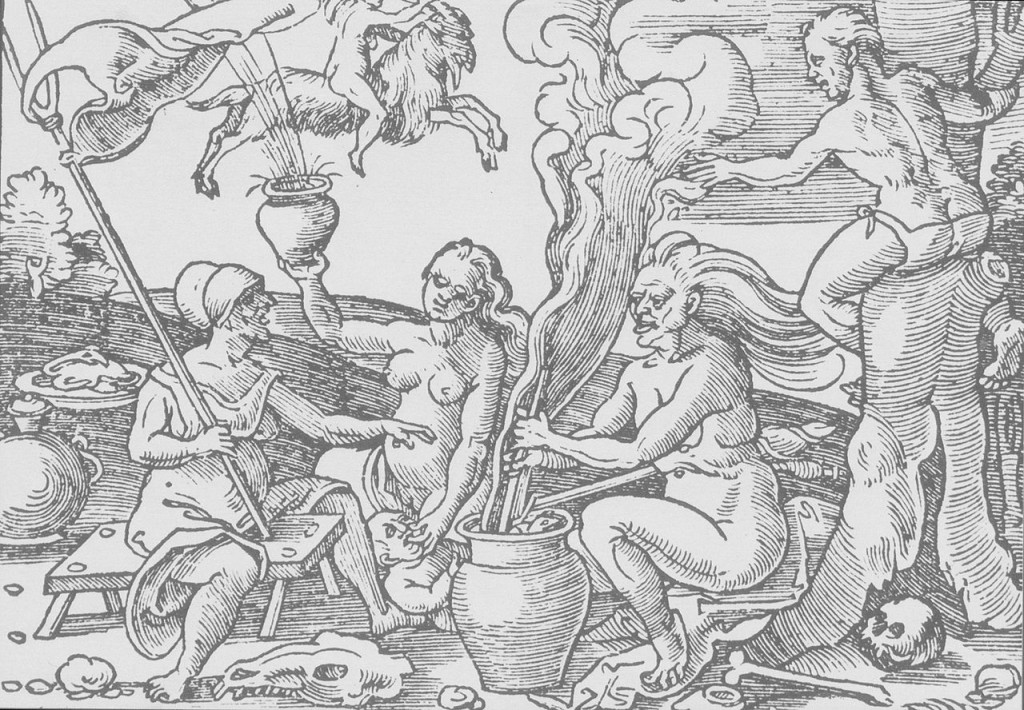
As I researched The Infidel’s Garden, which is set in the early 16th century, other things came to light. I became increasingly conscious of parallels with events today. Back then, the printing press, as with the internet today, accelerated the worldwide spread of trade and knowledge. Five hundred years ago, a group of religious fanatics rampaged through Europe terrorising populations and forcing people to convert to their faith under threat of murder and torture. Sanctioned by the monarchy; violent and righteous, they were called the Spanish Inquisition.
Meanwhile, trade and the increasing wealth of merchant classes were steadily eroding the power and status of the upper classes and nobility. Coats of arms could be bought through strategic marriages and chivalry was a dying art. Materialism and spirituality forged uneasy and often unwholesome alliances. Celebrity worship (of the monarchy and clergy) was rife. Gossip, scandal, bigotry, sexual harassment, victim blaming, abuse of power – the Late Middle Ages had it all.
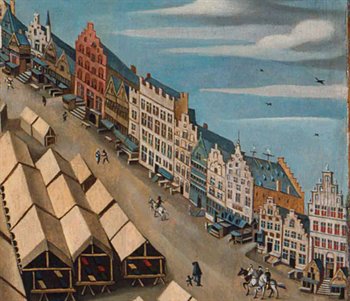
Although the church at this point was in dire need of a prolonged period of navel-gazing and re-organisation, this was also an age of immense creativity. Divine inspiration left behind a legacy of art, music, prose and architecture of breathtaking glory. It was a time when bloodshed and beauty walked hand-in-hand.
In the Go-Between – a novel by L. P. Hartley – the story begins with those immortal words: ‘The past is another country: they do things differently there.’ Yet I would argue that, when it comes to human nature, often the story is the same. It’s just the details that are different.
Countries still go to war over conflicting ideologies. We still get paranoid over the beliefs of others and turn a blind eye to myriad social injustices and abuses of the innocent. Our lives are still dictated by, lawmakers, social and cultural codes, the weather and the machinations of our sometimes fickle hearts and bodies. We still fall in love with the wrong people.
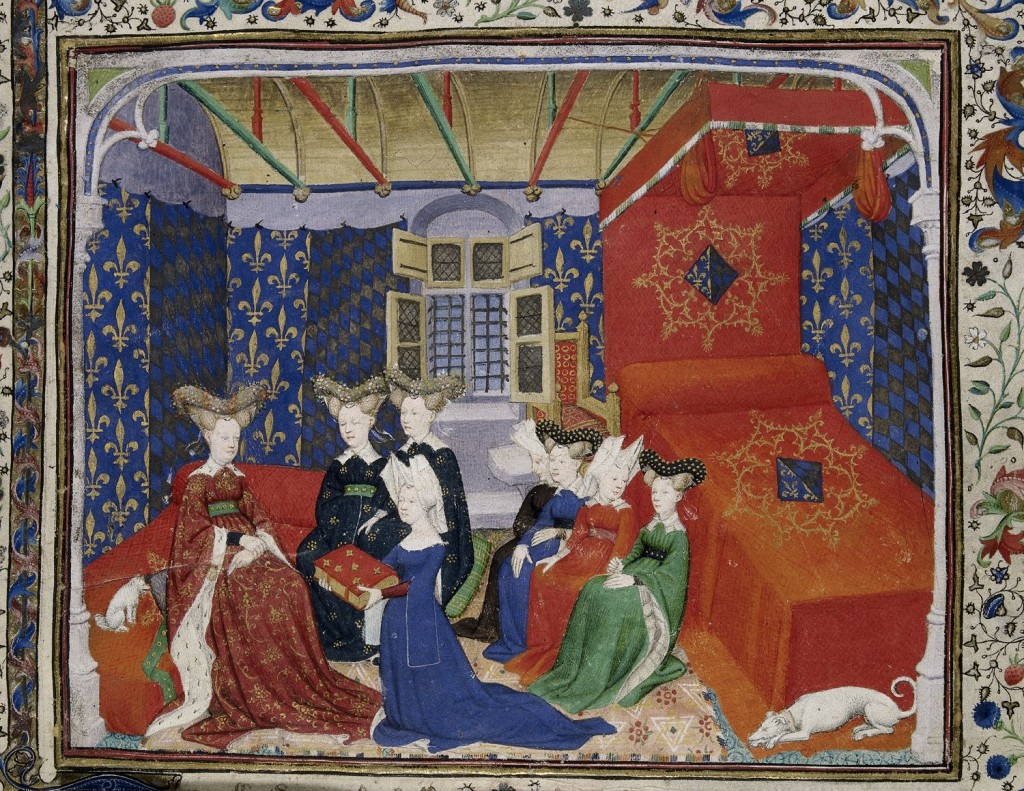
Einstein once said ‘Blind faith is the greatest enemy of truth’. So The Infidel’s Garden is about many things. It’s about how science, art and religion have shaped human civilisation. It’s about how blind faith can lead to fanaticism. It’s about the destructive power of vengeance – whether personal or political. But most of all, it’s about the transformative and uniting power of love.
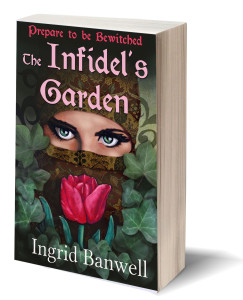
In the information pages on this site, you’ll find objectivity has frequently been overpowered by my personal disgust at some of the daft things people thought and did in the late Middle Ages (particularly where I glimpse parallels still happening today). To mitigate these verbal eye-rolls, I’ve provided links via the link-star below to take you to more impartial information.
This one however, is an example and doesn’t go anywhere.
Since publishing The Infidel’s Garden, I’ve also had readers coming back to me with questions which I will answer on my blog page. And here’s a link to the trailer:
I do hope you enjoy your journey through this site. And please do get in touch if you have any questions or comments. Feel free, also to challenge and disagree with what I’ve written.
I would love to hear what you, my precious readers, think!
Meanwhile, I’ll leave you with this:
A man should hear a little music, read a little poetry, and see a fine picture every day of his life, in order that worldly cares may not obliterate the sense of the beautiful which God has implanted in the human soul.
Johann Wolfgang von Goethe


